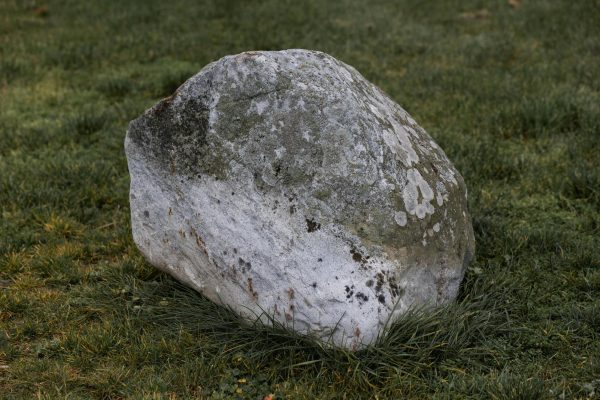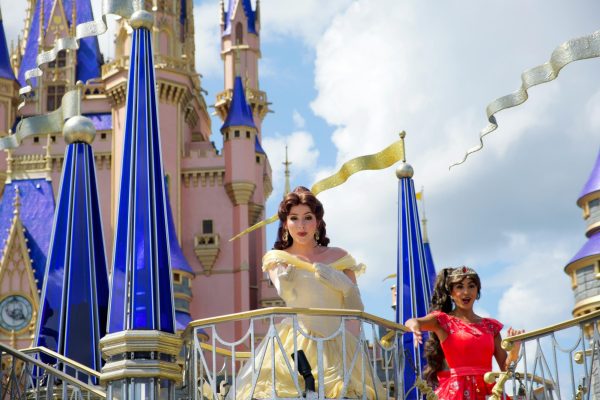What Will Happen to Belarus Once Lukashenko is Gone?
For the past two years, Belarus has come under a lot of political pressure after the controversial election in 2020, where Alexander Lukashenko allegedly won with 80% of the votes. However, due to the many allegations of election fraud, many nations in Europe and the Americas have rejected the outcome.
Furthermore, there have recently been massive protests and migrant issues with Middle Eastern refugees being stuck on the border between Belarus and Poland after the Polish government blocked their border. The European Union accused Lukashenko of purposefully allowing this crisis to unfold as retaliation to EU sanctions on Belarus. Lukashenko has played a significant role in Belarus as the dictatorial leader of the nation since 1994. After 27 years, one would question how Belarus will handle the loss of Lukashenko once his reign is over.
There are two significant questions when considering this answer. Will they become democratic or stay as a dictatorship, and what role will Russia play in the nation’s liberation from Lukashenko?
In terms of the Russian Federation, the governments of Belarus and Russia have been very close throughout the reign of Lukashenko and Putin. Relations between the governments are firm and have lasted even after the fall of the Soviet Union. Many consider Russia to be the big sister to Belarus , influencing Belarusian politics quite easily. Russia’s cheap oil exports account for 15% of Belarus’ GDP, with Russia accounting for 41% of Belarusian exports.
Even though Belarus has acted as a mediator between Russia and the West, there is a high level of tension between the two countries. Several disagreements have led to both sides interfering in each other’s markets. In the mid-2000s, after Belarus broke a pipeline pact with Russia, Russia increased gas prices and decreased flow into the nation, resulting in higher costs. Belarus retaliated by raising transit costs and extracting gas bound for other countries.
Lukashenko’s earlier approach was to keep Russia at a distance while retaining solid relations. This does not mean that the Russian influence is not prevalent. Russia has shown that they have interests in post-Soviet nations in the past several years. Examples such as the tensions between Russia and Ukraine and the invasion of Crimea in 2014 prove Russia still has interests in countries with a significant Russian influence. Belarus is no exception, with 72% of Belarusians speaking Russian over Belarusian. Belarus has also mentioned going into war as Russia’s allies.
This extensive detailing about the relationship proves Russia’s importance once Lukashenko leaves office. Whether Russia has territorial ambitions in the region or wants to instil a new pro-Russian leader, it will be involved. Russia needs to keep Belarus under its control to present itself as a powerful nation able to lead other countries. It is in Russia’s best interest to keep Belarus as an authoritarian state since controlling a dictatorial government makes controlling politics more straightforward.
The next central question is if Belarus would be able to become a democracy or if the country would continue acting as an authoritarian state. Belarus has been under the same government ever since the dissolution of the Soviet Union. This has allowed Lukashenko to control the population and create a firm grip on the country. However the people of Belarus are tired of the current government and are seeking freedom from the authoritarian regime that they are controlled by, , as seen by the Belarusian protests of 2020-2021,. The resignation of Lukashenko is the perfect opportunity for Belarus to decide whether or not they want to move forward with a democratic government or continue in the state they are in.
There are several calls for democracy within the country itself and also supported by allies of Belarus, making it a plausible outcome once Lukashenko leaves office. There is the possibility that one of Lukashenko’s cabinet members attempts to keep the government as it is. But there would be significant backlash by those who live in the country and those on the international stage.
Only Belarus can decide its future and with the resignation of Lukashenko, this will allow for them to decide which way they want to continue forward without Lukashenko.






